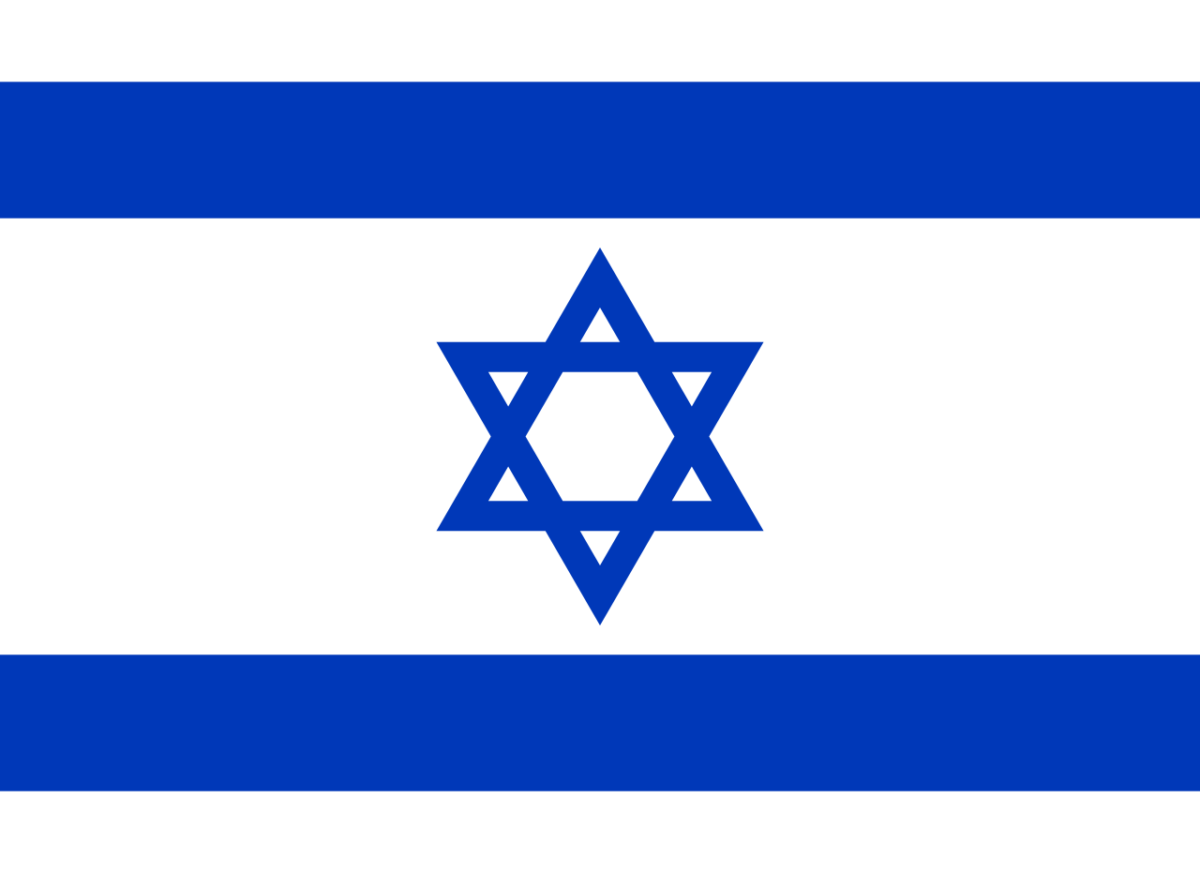Israel is a miracle by any yardstick. Resurrected after two millennia, it was reborn after the Holocaust, the greatest disaster in Jewish history, and in the teeth of bitter Arab hostility.
According to the Hebrew calendar, Israel will mark its 75th anniversary on April 25. In terms of the secular Gregorian calendar, Israel reemerged after David Ben-Gurion, Israel’s first and second-longest serving prime minister, declared statehood on May 14, 1948.
He issued his historic proclamation just hours before the British mandate was due to expire and only a day before four Arab armies stormed into Israel in a concerted attempt to snuff out its sovereignty and make way for a Palestinian state.
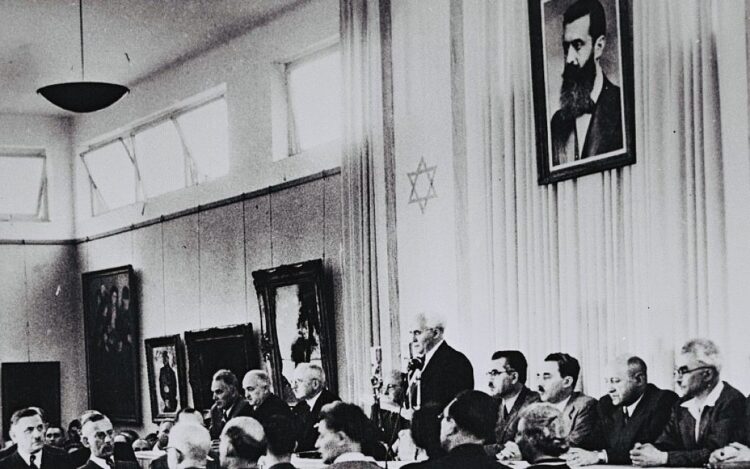
Seven-and-a-half decades after the Arabs’ unsuccessful invasion, Israel is still bogged down in a technical state of war with several of its Arab neighbors and the Palestinians and embroiled in an undeclared shadow war with Iran and Hezbollah, its deadliest enemies.
Israel, a dynamic and vibrant state the size of New Jersey, has paid dearly in blood and treasure for the privilege of nationhood.
Twenty four thousand Jews have been killed in the past century-and-a-half defending the pre-state Jewish community in Palestine and the modern state of Israel. And Israel has spent a fortune to maintain its security, the anchor of its existence.
With perhaps these thoughts coursing through their minds, Israelis celebrated Independence Day with a mixture of jubilation and trepidation.
Israelis are secure in the knowledge that Israel — a nuclear power with the strongest and most sophisticated army, air force and navy in the region — can protect its borders and defend itself from external threats.

They know that Israeli diplomacy is tireless at building fresh networks of friendship. In 2020, Israel signed normalization pacts with the United Arab Emirates, Bahrain, Morocco and Sudan. Last week, Israel opened an embassy in Turkmenistan, a Muslim state near Iran.

Yet Israelis fear that deep internal divisions, precipitated by Prime Minister Benjamin Netanyahu’s controversial and much- opposed plan to overhaul the judiciary, have emboldened Israel’s regional enemies.
A few days ago, shortly after Palestinian Iranian proxies fired 34 rockets at Israel from Lebanon in the greatest single barrage since the 2006 Lebanese war, Israeli Defence Minister Yoav Gallant issued a stern statement warning that Israel could face the specter of attacks on multiple fronts in the foreseeable future. “This is the end of the era of limited conflicts,” he said somberly. “We are facing a new security era in which there may be a real threat to all arenas at the same time.”
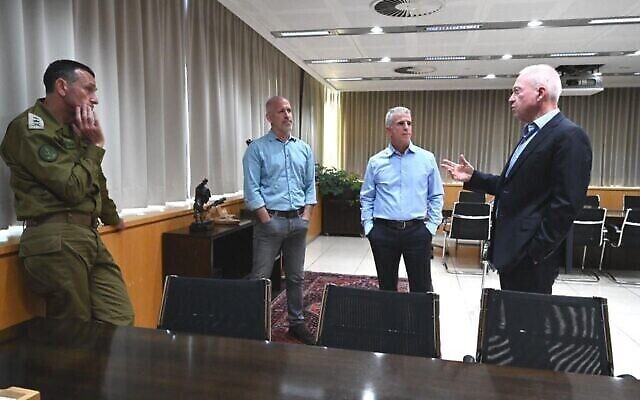
On April 22, Iran’s supreme leader, Ayatollah Ali Khamenei, gleefully alluded to this emerging situation. “Today, we are witnessing the gradual decline of the usurping Zionist regime,” he grandly claimed in an implicit reference to the mass protests that have convulsed Israel since the formation of Netanyahu’s government, the most right-wing and religiously conservative in Israeli history. “Its speed is even increasing day by day,” Khamenei went on to say. “The strategy of the Islamic world should be focused on strengthening the combatant elements inside Palestine. The more this resistance increases, the weaker the Zionist regime will be.”

It is axiomatic that anti-Israel militancy will escalate if Arab, Palestinian and Iranian leaders think that Israel is gradually growing divided, weak and vulnerable. Given these assumptions, Israel’s foes may take risks they might have previously avoided.
As in the past, Israel’s adversaries are once again making the egregious mistake of grossly underestimating its strength, resiliency and capacity to unite in the interests of survival. As they should realize by now, Israelis are capable of shelving their political and ideological differences in a united front if this is what is realistically required.
These were the invaluable qualities that the Zionist movement in Palestine — the ancestral homeland of the Jewish people — deployed to build the foundations of statehood when confronted by a fierce Palestinian backlash. These essential qualities enabled Israel to repel a full-blown Arab invasion and to construct a liberal democratic polity, a thriving first-world economy, and a flourishing Hebrew culture.
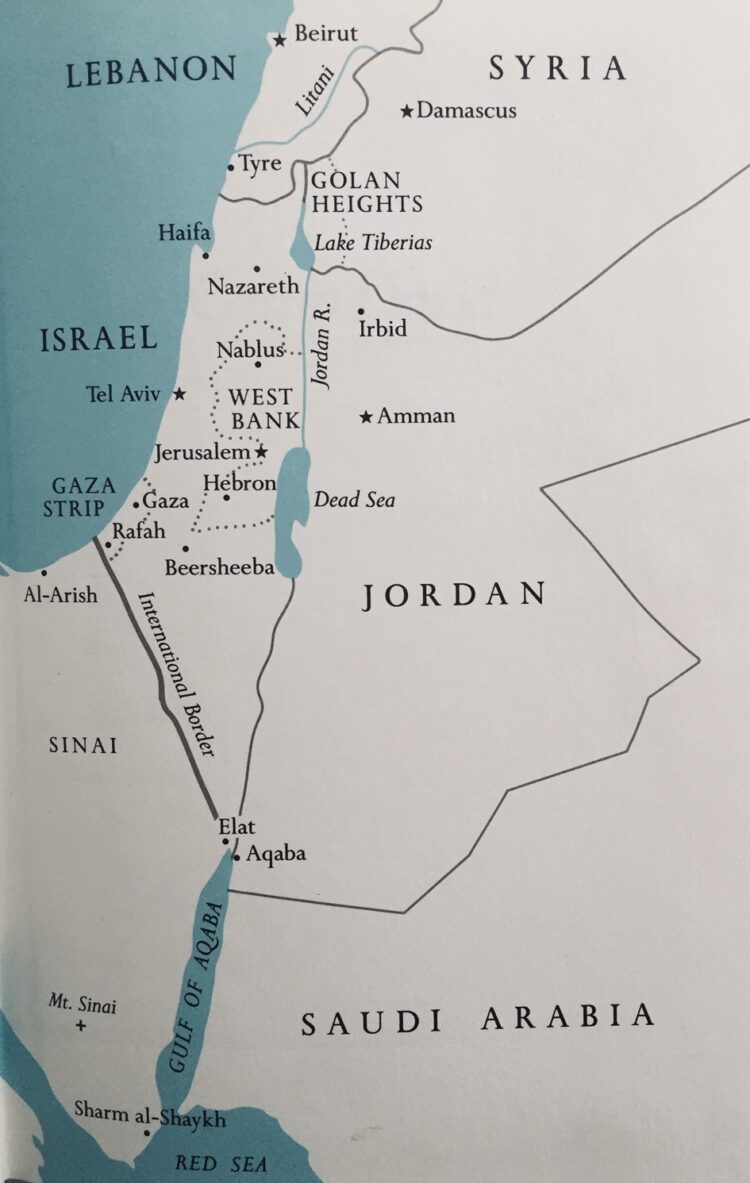
For some 2,000 years after the destruction of the first and second Jewish temples in Jerusalem, Israel — the birthplace of Judaism and Christianity — was little more than a memory immortalized in religious and secular texts.
With the dissolution of the ancient Israelite kingdoms of Israel and Judah, the Land of Israel was occupied by a succession of foreign invaders. The Assyrians, the Babylonians, the Persians, the Romans, the Crusaders, the Arabs and the Ottoman Turks all left an imprint. The Babylonians demolished the first temple. The Romans razed the second one, conquered the Jewish hilltop fortress of Masada in the Judean Desert, and quashed the Bar-Kochba revolt.
Nevertheless, there was always a Jewish presence in Palestine, as the ruins of mouldering synagogues attest.
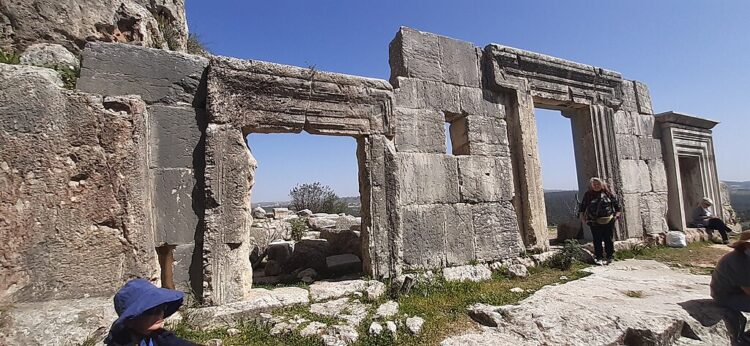
The Ottoman Empire ruled Palestine, a provincial backwater, for four centuries until the British conquest in World War I. During the Ottoman interregnum, several thousand Jews lived in Palestine. By the 16th century, Palestine was home to some 5,000 Jews. They were the descendants of its original inhabitants and of Jews expelled from Spain during the Inquisition. Subsequently, pious Ashkenazic Jews from Europe arrived in Palestine.
Twenty four thousand Jews, comprising eight percent of its population, resided in Palestine in 1881, when widespread pogroms in Russia impelled the first European Zionists to settle in Palestine. By then, the vast majority of Palestinian Jews could be found in the cities of Jerusalem, Hebron, Safed and Tiberias.
Zionism, sometimes described as the national liberation movement of Jews, was first and foremost a reaction to pervasive antisemitism in Europe, but also a compelling ideology inspiring dreams of a resurrected Jewish homeland in the cradle of Judaism.

The earliest Zionist thinker, Moses Hess, was a German socialist who conjured up the notion of Jewish statehood in his book, Rome and Jerusalem. His contemporary, Yehuda Leib Pinsker, argued in Auto-Emancipation that only a territorial solution could resolve the so-called Jewish question.
By far the most influential Zionist figure of the 19th and early 20th centuries was Theodor Herzl, a Viennese journalist whose rosy assimilationist views were shattered by the persistence of antisemitism in the Austro-Hungarian empire and by the Alfred Dreyfus affair in France. In two books, The Jewish State and Old-New State, he envisioned a revival of Jewish statehood in Palestine. At the first Zionist congress in Basel in 1897, he presciently predicted that a Jewish state would arise in 50 years.
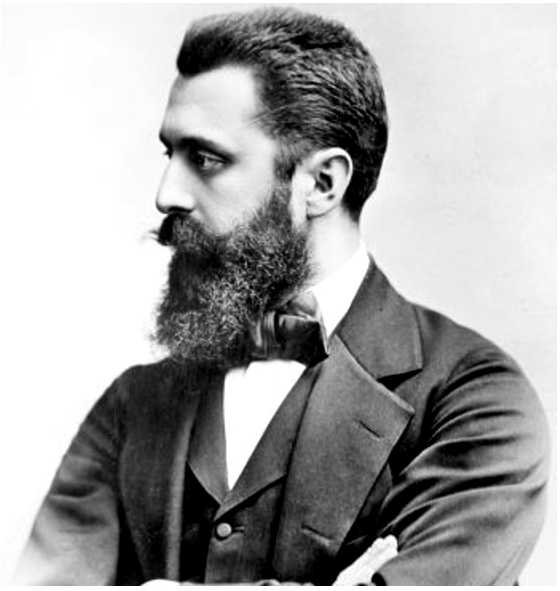
Other Zionists, such as the British playwright Israel Zangwill, were “territorialists” who had no objection to establishing a Jewish state outside Palestine’s boundaries. Still others, like Ahad Ha’am, perceived Palestine as a spiritual Jewish center rather than an emerging Jewish state.
Zionism was a minority movement for decades, largely embraced by Eastern European Jews, but scorned by the ultra-Orthodox, Bundists, communists and assimilationists. But with waves of antisemitism inundating European Jewish communities, Zionism achieved a degree of popularity.
Practical Zionism, as it would come to be known, posited the theory that Jews could reclaim self-determination in Palestine by working the land and creating settlements. This idea was adopted by the Lovers of Zion, an organization which emerged as pogroms flared in Russia. The first Zionist settlements, taking the form of kibbutzim and later moshavim, were financed by the Rothschilds, the renowned family of bankers.
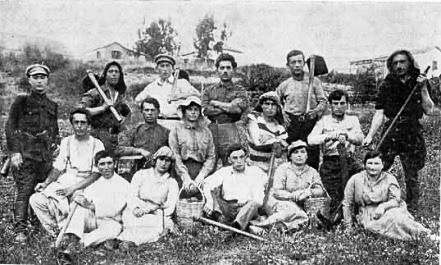
Since Palestine was a harsh, unforgiving and alien land, many of the new Jewish settlers returned to their homes, unable to cope with the conditions, the climate and the Levantine culture. Yet on the eve of World War I, 94,000 Jews, representing 13 percent of its population, lived in Palestine. Tel Aviv, Israel’s biggest city until a few years ago, was founded in 1909 on the sand dunes of the Mediterranean Sea.
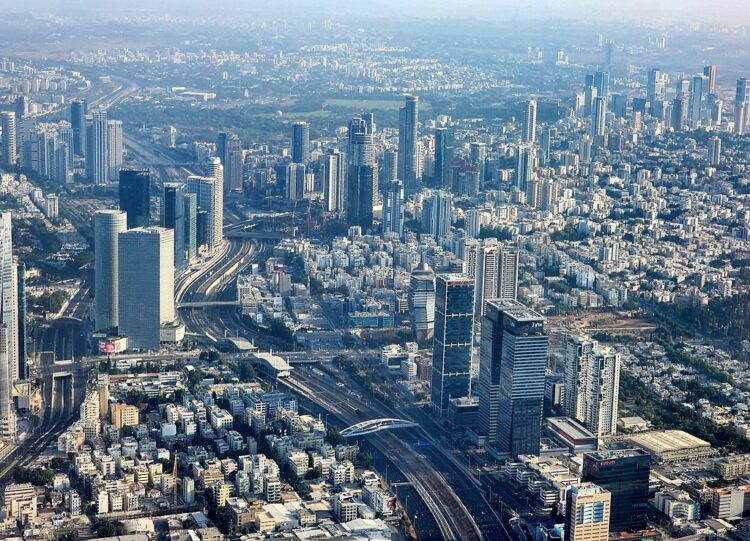
World War I, which tore through the Middle East, was a turning point in the annals of this turbulent region. The Ottomans, aligned with Germany, lost their colony and Palestine became a British protectorate.
In 1917, Britain issued the Balfour Declaration, which endorsed a Jewish homeland in Palestine on condition that the civil rights of its Arab inhabitants were respected. Five years later, the League of Nations assigned the Palestine mandate to Britain.
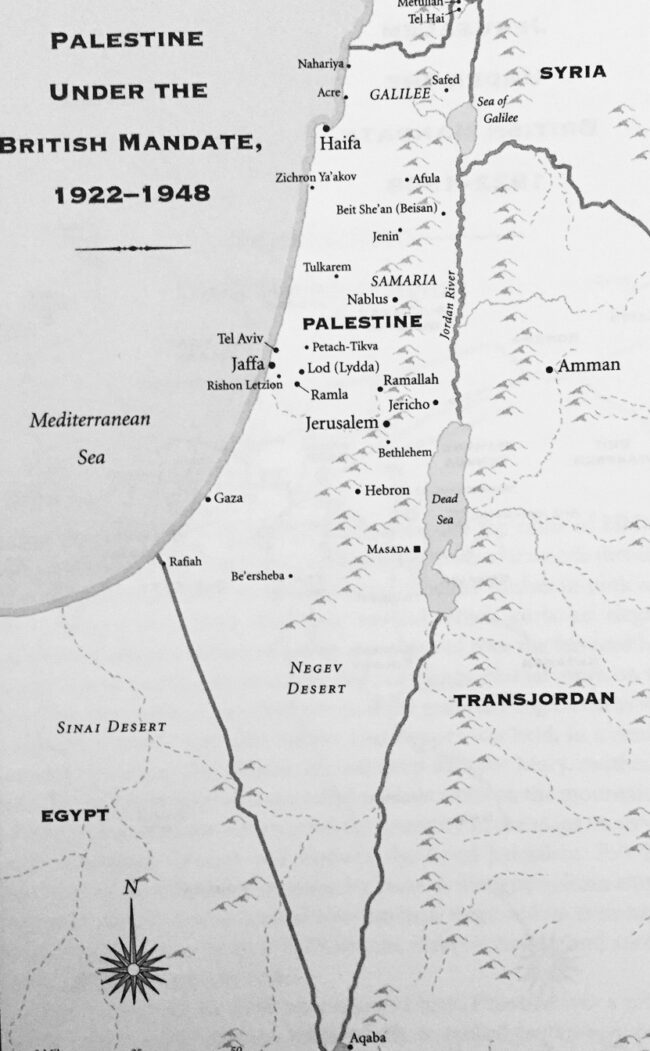
Palestinian Arabs fought Zionism ferociously, fearing that Jewish statehood would dispossess them of their lands. Nevertheless, Palestinian landowners sold immense plots of land to Jews.
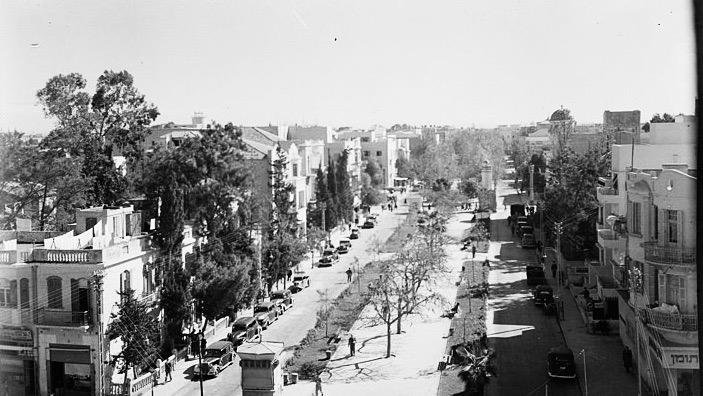
The Palestinian leadership, led by Haj Amin al-Husseini, railed against Jewish land purchases and immigration and accused the British of siding with the Zionists. Periodically, violence broke out, creating still more animosity and bitterness.
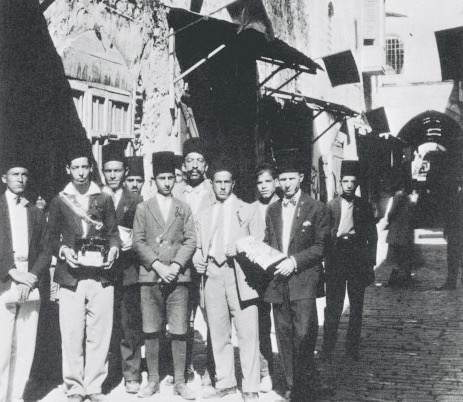
The Palestinians staged their first armed revolt against the British administration in 1936. During this unsettling period, the Zionist movement revived Hebrew, built a self-contained economy and a military force, and expanded the network of Jewish settlements.
By 1939, Britain had virtually reneged on its commitment to the Zionist movement, but not on a scale advocated by Palestinian nationalists. By that juncture, 450,000 Jews lived in Palestine, representing almost a third of its population. The stronger flow of Jewish immigration into Palestine was caused by the antisemitic policies of Nazi Germany, Italy, Romania and Poland.
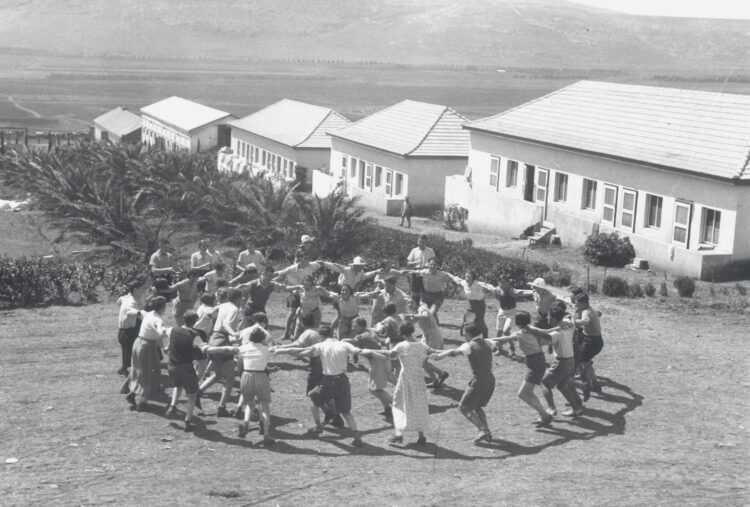
In the wake of World War II, Holocaust survivors and Jews from Arab lands streamed into Palestine, increasing the Jewish population by about 100,000. The United Nations, in 1947, passed a historic resolution to partition Palestine into two states, one Jewish and one Arab. The Zionists more or less embraced it. The Arabs unanimously rejected it.
A civil war, pitting Jews against Palestinians, erupted. In short order, the British unilaterally withdrew from Palestine, the Zionists declared statehood, and the first Arab-Israeli war broke out as Egypt, Syria, Trans-Jordan and Lebanon invaded Israel. Iraq and Saudi Arabia would later send troops to Palestine.
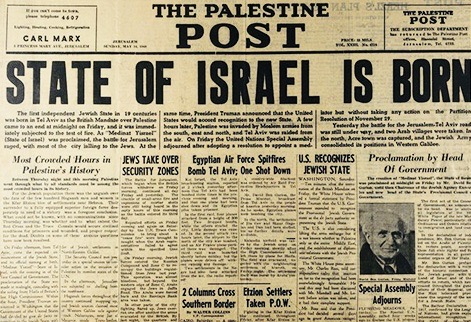
During the fighting, which was punctuated by ceasefires, 700,000 Palestinian Arabs fled or were forced to flee to neighboring countries. The refugees were not permitted to return to their homes and properties in Israel.
Buttressed by an infusion of weapons from Czechoslovakia and volunteers from abroad who joined its armed forces, Israel captured additional territory which had been assigned to the Palestinians under the partition plane.
By war’s end, Israel had lost 6,000 soldiers and civilians, controlled 78 percent rather than 56 percent of Palestine’s land mass, and 82 percent of its citizens were Jewish.
Israel’s victory in the War of Independence surprised the United States, which would be the first nation to recognize Israel in de facto terms, but which continued to enforce an arms embargo against Israel. U.S. Secretary of State George Marshall had warned Israeli Foreign Minister Moshe Sharett that Israel would be destroyed by the Arabs.
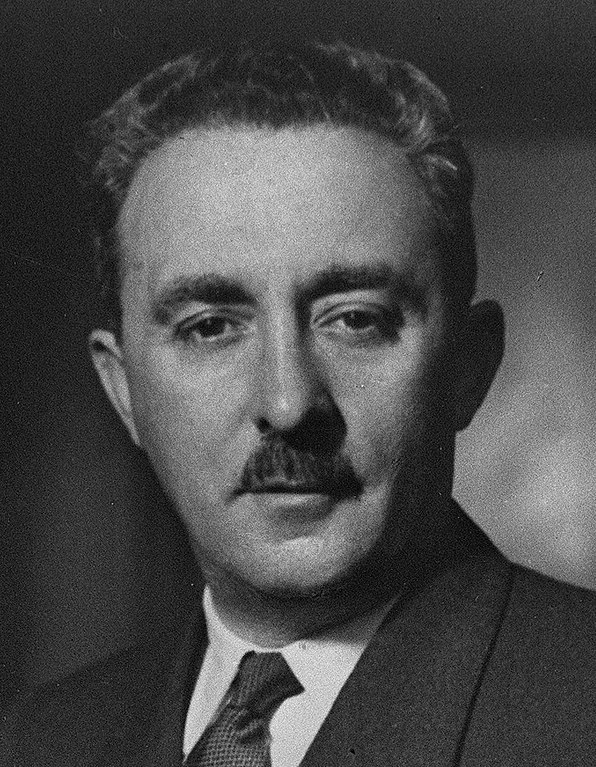
The Soviet Union, which was ideologically opposed to Zionism but which sought to undermine the imperial British foothold in the Middle East, was the first country to recognize Israel on a de jure basis.
During its first decade of existence, Israel focused on absorbing waves of immigrants, building the economy and reinforcing its borders.
With a recession gripping the country in the early 1950s, life was exceedingly hard for most Israelis, who lived simply in cramped apartment flats, could not afford to travel abroad or buy a car, and had no access to a personal telephone.
The 160,000 Palestinians Arabs who remained behind after 1948 obtained Israeli citizenship, but were subjected to military rule until 1966. In general, they did not enjoy the same rights and privileges as Jews with respect to employment opportunities, housing and budget allocations and felt alienated from the state.
Israel has been in almost a perpetual state of war since statehood and has had to live by the sword.
During the 1950s, Israel battled Palestinian guerrillas from the Egyptian-controlled Gaza Strip and fought with Syria over rights to demilitarized zones adjacent to the Sea of Galilee.
In 1956, Israel joined Britain and France in the invasion of the Sinai Peninsula, an operation that tainted Israel as a colonial accomplice. The United States forced Israel to withdraw from the Sinai. Eleven years later, however, Israel formed a strategic alliance with the United States, replacing its entente with France.
The newly-formed Palestine Liberation Organization, led by Yasser Arafat and supported by Syria, initiated its first raid into Israel in the mid-1960s. Consequently, border tensions between Israel and Syria soared. King Hussein was drawn into the conflict in 1966 following a massive Israeli retaliatory in Jordan.
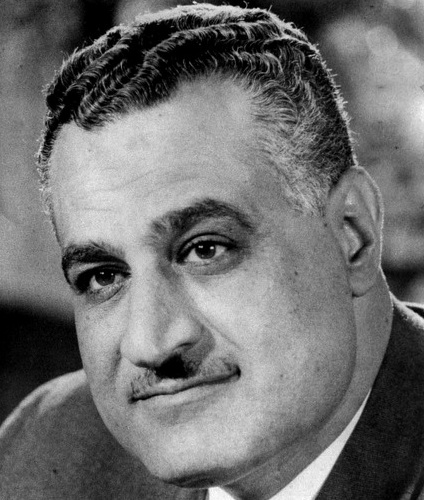
The Six Day War was ignited by Egyptian President Gamal Abdel Nasser. In a foolish gamble, he ordered United Nations peacekeepers out of the Sinai and imposed a blockade on the Gulf of Aqaba, Israel’s sea lane to the Red Sea. Israel launched preemptive air strikes in Egypt, destroying much of Egypt’s air force, prior to sending its army into the Sinai.
Jordan and Syria were respectively sucked into the war after shelling western Jerusalem and attacking a border kibbutz in the northern Galilee.
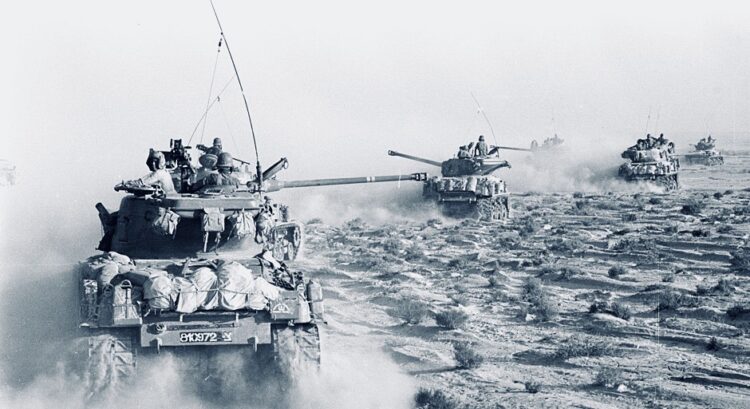
Israel captured the Sinai, the West Bank, the Gaza Strip and the Golan Heights, tripling its size in less than a week. Amid the euphoria and messianism gripping Israel, successive Israeli governments staked a claim to these territories, constructing a maze of settlements, roads and army bases there. In retrospect, Israel’s stunning victory gave rise to the now-powerful settler movement, which supports Netanyahu’s government.
Israel claimed the occupied areas would be a bargaining chip to be traded in exchange for peace with its Arab adversaries, but to date, Israel has only ceded the Sinai and Gaza.
Israel’s occupation, particularly of the West Bank, has created profound divisions and recurrent debates in Israeli society, pushed Israel in a decidedly rightward political direction, entangled Israel in perennial disputes with the international community, and seriously tarnished its image. In left-wing circles, Israel is seen as an apartheid ethno-state. But among conservatives, Israel is regarded as a model state and an outpost of Western civilization.
The Six Day War was immediately followed by the War of Attrition, which unfolded from 1967 until 1970 and enmeshed Israel in land, sea and air battles with Egypt, Syria, Jordan and the PLO in and around the Suez Canal, the Golan and the Jordan Valley.
In 1970, Israel averted a Syrian invasion of northern Jordan and watched from afar as the Arab Legion expelled the PLO from Jordan.

During the three-weekYom Kippur War of 1973, Israel battled Egypt and Syria in the Sinai and the Golan. Thanks to the creative diplomacy of U.S. Secretary of State Henry Kissinger, Israel signed disengagement agreements with Egypt and Syria, leading to long-range truces, further negotiations, territorial withdrawals and, finally, an Israeli peace treaty with Egypt in 1979. Jordan would follow in Egypt’s footsteps in 1994.
This war discredited the ruling left-of-center Labor Party and led to the rise of the right-wing Herut (Likud) Party, whose leader, Menachem Begin, became prime minister in 1977.
Israel’s next war, in 1982 in Lebanon, was sparked by PLO shelling of the Galilee and the near fatal shooting of the Israeli ambassador in Britain. Israel succeeded in expelling PLO forces from Lebanon, but Israel’s occupation of southern Lebanon spawned the creation of Hezbollah, a proxy of Iran, and sowed the seeds of a guerrilla war pitting Israel against Hezbollah.
The first Palestinian uprising since the birth of Israel took place in 1987, bogging down Israel in a mini war with Palestinian militants in the West Bank and Gaza.
Due to U.S. pressure, Israel stayed out of the second Gulf War in 1991, during which Iraq fired 39 Scud missiles into Israeli cities. Iraq’s aggression might be regarded as payback for Israel’s bombing of its nuclear reactor in Baghdad in 1981.
With the signing of the Oslo accords in 1993, Israel and the PLO reconciled and Israel ceded a small portion of the West Bank to the Palestinian Authority. It seemed as if Israel had begun to resolve its gnawing conflict with the Palestinians.
The downside of Oslo soon became painfully clear. Israeli concessions to the Palestinians drove the Jewish extremist Yigal Amir to assassinate Prime Minister Yitzhak Rabin. And a wave of terrorism perpetrated by Hamas, an Islamic Palestinian group based in Gaza and supported by Iran, soured the prospects for real and lasting peace.

Israel confronted a second Palestinian rebellion in 2000, shortly after Ehud Barak, the Israeli prime minister, and Arafat failed to reach a peace agreement at the U.S.-sponsored Camp David summit. This uprising claimed the lives of some 1,000 Israelis and many more Palestinians and only petered out following Israel’s unilateral pullout from Gaza in 2005.
Israel has fought four wars and numerous skirmishes with Hamas and Islamic Jihad ever since.
And for the past decade, Israel has conducted an air campaign aimed at demolishing Iran’s military entrenchment project in Syria, which has been mired in a civil war since 2011. In addition, Israel has waged a covert war against Iran’s nuclear program, which it regards as an existential threat.
The wars and terrorism that have afflicted Israel from practically day one ironically beg the question whether Israel is the world’s most dangerous place for Jews.
During all these years, Israel’s population has swelled from approximately 600,000 to more than nine million today. Immigration, especially from the now-defunct Soviet Union, has been a key factor in Israel’s demography. And due to the rapidly-expanding ultra-Orthodox community, Israel has the highest birthrate in the developed world.
Twenty one percent of Israel’s citizens are Palestinian Arabs — the vast majority of whom are Muslims — and Druze. Although most Israeli Arabs are loyal to Israel, some malcontents have been convicted of terrorism, while a disaffected minority, mainly in the intellectual class, believe that Israel should be a state of its citizens rather than a Jewish state per se.
Israel’s treatment of its Arab minority leaves much to be desired, but even they have benefited from the high-flying Israeli economy, which in its formative years was largely state-controlled and relied on the export of agricultural produce, textiles, polished diamonds and the infusion of Holocaust reparations from West Germany.
With the liberalization of the economy, Israel has been remarkably transformed into a free market state with an innovative and advanced high-technology sector that, competitively speaking, is on a par with Silicon Valley in California.
Israel, too, is an important manufacturer of state-of-the-art weapons. And with the discovery of immense natural gas reserves off its coast, Israel has become a net energy exporter.
Despite having achieved a Western-style standard of living, with an annual per capita product of $55,000, the world’s 12th highest, 20 percent of Israelis live below the poverty line, according to the National Insurance Institute.
This is an issue that needs to be addressed, but Israel faces other serious problems, judging by the nation-wide demonstrations that have rocked it for weeks now.
The increasingly shrill debate revolving around Netanyahu’s scheme to overhaul the judiciary is sharply indicative of the yawning rift between liberals and centrists who staunchly oppose this proposed legislation and secular and religious conservatives who ferociously endorse it.
These tensions have raised a pertinent question: Is Israel is in need of a constitution, or should its current set of basic laws suffice?
Questions such as these should be placed on the table sooner rather than later. But in the meantime, Israel has its plate full with a panoply of urgent issues that will surely vex and challenge its leaders, now and in the future.
